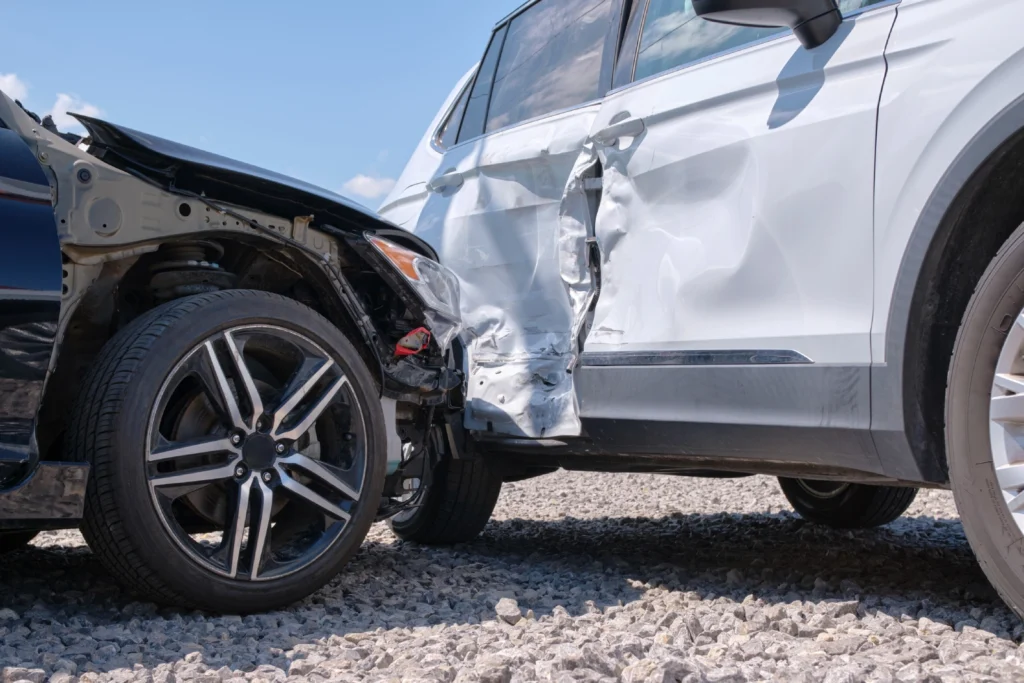
Getting injured in a car accident can be traumatic, often leaving individuals in a state of shock and disorientation. This emotional response is a natural reaction to a sudden and stressful event, but it can also cloud your judgment and decision-making abilities.
It’s important to try and remain as calm as possible, focusing on the immediate tasks at hand such as checking for injuries, moving to a safe location if possible, and contacting emergency services. Remember, it’s normal to feel a range of emotions after a car accident but how you respond in these critical moments can significantly impact the outcome of any potential legal proceedings.
Legal Obligations: What the Law Requires After a Car Accident
After ensuring everyone’s safety, it’s crucial to understand your legal obligations following a car accident. In Iowa, you are required to stop at the scene, provide your information to the other parties involved, and report the accident to law enforcement if it resulted in injury, death, or significant property damage.
Failing to fulfill these obligations can result in serious legal consequences. Additionally, it’s essential to gather as much evidence as possible from the scene. This includes taking photographs, collecting witness information, and noting down the specifics of the accident.
Common Mistakes to Avoid After a Car Accident
Leaving the Scene: Legal Consequences and Ethical Considerations
One of the gravest mistakes one can make after a car accident is leaving the scene without fulfilling legal obligations. This act, often referred to as a “hit and run,” can lead to severe legal repercussions including hefty fines and potential jail time. Beyond the legal consequences, leaving the scene of an accident is an ethical issue. It’s crucial to ensure the safety of all parties involved and provide necessary information for insurance and legal purposes.
Neglecting to Call the Police: The Importance of an Official Report
Another common mistake is neglecting to call the police. Even in seemingly minor accidents, having an official police report can be invaluable when dealing with insurance companies or if a legal dispute arises.
The report provides an unbiased third-party account of the incident, which can be crucial in determining fault. Furthermore, it’s important not to admit fault prematurely at the scene. Even if you believe you may be at fault, there may be factors you’re unaware of that contributed to the accident. Admitting fault prematurely can potentially harm your claim.
The Role of Insurance Companies After a Car Accident
Reporting the Accident to Your Insurance Company: Timing and Details
After a car accident, it’s important to report the incident to your insurance company as soon as possible. Most insurance policies require prompt reporting of accidents, and failure to do so may result in denied claims.
When reporting, be honest and provide as many details as possible, but avoid speculating about fault or the extent of injuries. It’s also crucial to understand how to deal with the other driver’s insurance company.
Dealing with the Other Driver’s Insurance Company: Dos and Don’ts
While it’s necessary to cooperate with the other driver’s insurance company, remember that they are not on your side. Their primary goal is to minimize payouts. Avoid giving recorded statements without consulting with a lawyer, as these can be used against you.
Be wary of initial settlement offers, as they often undervalue the true cost of the accident. It’s also important to avoid common missteps when dealing with insurance adjusters, such as signing documents without understanding them or neglecting to follow up on your claim.
Seeking Medical Attention After a Car Accident
The Danger of Ignoring Minor Injuries: Hidden Traumas and Delayed Symptoms
One of the most common mistakes after a car accident is ignoring minor injuries or discomfort. Many car accident injuries, such as whiplash or internal injuries, may not present symptoms immediately. By ignoring minor aches or pains, you could be overlooking serious injuries that could lead to long-term health issues.
Always seek medical attention after a car accident, no matter how minor your injuries may seem. This not only ensures your health but also provides crucial documentation for your insurance claim or legal case.
Documenting Your Injuries: The Role of Medical Records in Car Accident Claims
Medical records play a vital role in car accident claims. They provide concrete evidence of the injuries sustained and the treatment required, which is crucial when negotiating with insurance companies or in a court of law.
Ensure that all injuries, no matter how minor, are documented in your medical records. Additionally, it’s important to understand the pitfalls of settling before you know the full extent of your injuries. A premature settlement may not cover future medical expenses related to the accident.
Legal Considerations After a Car Accident
The Importance of Consulting with a Car Accident Lawyer
After a car accident, it’s essential to consult with a car accident lawyer. A lawyer can guide you through the complex legal landscape, protect your rights, and help maximize your compensation. They can handle negotiations with insurance companies, gather evidence, and represent you in court if necessary.
Navigating the legal landscape after a car accident can be challenging. Understanding your rights and the laws pertaining to car accidents is crucial. This includes knowing the statute of limitations for filing a lawsuit, understanding the concept of comparative fault, and being aware of your rights when dealing with insurance companies. A car accident lawyer can help you understand these aspects and avoid common legal mistakes that could jeopardize your claim.
If you’ve been involved in a car accident and need legal assistance, don’t hesitate to contact Ball, Kirk & Holm. Our experienced team can guide you through the process, protect your rights, and help you secure the compensation you deserve. Contact us today for a free consultation.
